Experience advanced CT scan services at our scanning centre in Bangalore. Our expert team ensures fast, reliable results to help diagnose and treat a variety of conditions with precision. Schedule Your Appointment Today!
A CT (Computed Tomography) scan is a non-invasive imaging procedure that uses X-rays to create detailed cross-sectional images of the body. The CT scan machine creates three-dimensional images of internal organs, tissues, and bones with precision aiding in identifying injuries, tumors, infections, and other medical concerns.
Our scanning centre in Bangalore offers advanced CT scan services, focusing on accuracy and patient comfort. With advanced technology, we ensure detailed imaging with minimal radiation exposure, allowing for precise diagnosis. Our team is committed to providing fast and reliable results, helping you make informed healthcare decisions. Book your CT scan appointment with us today for a seamless experience.
CT scan cost in bangalore
When considering a CT head scan, understanding the CT scan cost in Bangalore is essential for informed decision-making. Knowing the CT scan cost in Bangalore ensures transparency and helps individuals plan for their healthcare expenses accordingly.
When seeking a CT single hand scan, it’s important to inquire about the CT scan Bangalore cost for accurate financial planning. Understanding the CT scan Bangalore cost ensures transparency and enables individuals to make informed decisions about their healthcare expenditures.
The CT Chest Scan cost can vary depending on the facility and location. If you’re looking for affordable options, consider checking Ct Scan Cost In Bangalore to find the best rates.
CECT Chest scan, also known as Contrast-Enhanced Computed Tomography of the chest, offers detailed imaging of chest structures with the help of contrast material. For accurate pricing information, explore Ct Scan Bangalore options or Ct Scan Centre Near Me for nearby facilities.
For those requiring a Single Leg Scan cost assessment, it’s essential to inquire about potential discounts or packages available at Ct Scan Centres Near Me. Knowing Ct Scan Cost In Bangalore can help you budget for this diagnostic procedure.
CT LS Spine Scan cost may vary depending on the complexity of the scan and the location. Residents of Bangalore can explore Ct Scan Bangalore options to find affordable rates for this procedure.
When considering a CT Lr Spine Scan cost, individuals can utilize resources like Ct Scan Centre Near Me to locate nearby facilities offering competitive prices. Exploring Ct Scan Cost In Bangalore can provide valuable insights into the overall expenses.
CT Lumbar Spine cost is an important consideration for individuals seeking diagnostic imaging for lower back issues. By researching Ct Scan Bangalore options, patients can find convenient locations and competitive pricing.
When considering a CT Lr Spine Scan cost, individuals can utilize resources like Ct Scan Centre Near Me to locate nearby facilities offering competitive prices. Exploring Ct Scan Cost In Bangalore can provide valuable insights into the overall expenses.
CT Lumbar Spine cost is an important consideration for individuals seeking diagnostic imaging for lower back issues. By researching Ct Scan Bangalore options, patients can find convenient locations and competitive pricing.
The CT Lumba Sacral Spine Scan cost may vary based on factors such as the facility and additional services required. Residents of Bangalore can explore Ct Scan Cost In Bangalore to find affordable rates for this procedure.
Individuals seeking a CT Nose Scan cost can benefit from exploring Ct Scan Bangalore options to find cost-effective solutions. Additionally, considering Ct Scan Centre Near Me can offer convenience for those residing nearby.
When scheduling a CT PNS scan cost assessment, it’s prudent to compare prices from different facilities. Utilizing resources like Ct Scan Cost In Bangalore can assist in finding competitive rates.
CT Brain Scan cost is an important factor to consider when planning for diagnostic imaging. Residents of Bangalore can explore Ct Scan Centre Near Me to locate facilities offering this service at competitive prices.
For individuals requiring a CT Neck scan cost assessment, researching Ct Scan Bangalore options can provide insights into pricing and facility locations. Additionally, considering Ct Scan Cost In Bangalore can help in budgeting for this procedure.
When considering a CT Anus Scan cost, individuals can explore nearby Ct Scan Centre Near Me for convenience. It’s also advisable to inquire about Ct Scan Cost In Bangalore to ensure affordability.
CT Orbits Scan cost may vary depending on factors such as the facility and additional services required. Residents of Bangalore can explore Ct Scan Bangalore options to find competitive rates for this procedure.
When planning for a CT Knee Scan Cost, individuals can explore Ct Scan Centre Near Me to find nearby facilities offering this service. Additionally, researching Ct Scan Cost In Bangalore can provide insights into pricing options.
Individuals seeking a CT Foot Scan cost assessment can benefit from comparing prices at different facilities. Exploring Ct Scan Bangalore options can help in finding affordable rates for this diagnostic procedure.
For those requiring a CT Ankle Joint Scan cost assessment, researching Ct Scan Centre Near Me can provide convenient options. Additionally, exploring Ct Scan Cost In Bangalore can help in budgeting for this procedure.
Residents of Bangalore seeking a CT Fingers Scan cost assessment can explore nearby facilities by utilizing resources like Ct Scan Bangalore options. Comparing prices and services can ensure a cost-effective diagnostic experience.
When considering a CT Shoulder Scan cost, individuals can explore nearby Ct Scan Centre Near Me for convenience. Additionally, researching Ct Scan Cost In Bangalore can provide insights into pricing options and affordability.
Individuals planning for a CT Wrist Scan cost assessment can benefit from exploring nearby Ct Scan Bangalore options. Comparing prices and services can ensure a cost-effective diagnostic experience.
Residents of Bangalore seeking a CT Temporal Bone Scan cost assessment can explore nearby facilities using resources like Ct Scan Centre Near Me. Additionally, researching Ct Scan Cost In Bangalore can provide insights into pricing and affordability.
When considering a CECT pelvis scan cost, individuals can explore nearby Ct Scan Bangalore options for convenience. Additionally, researching Ct Scan Centre Near Me can help in finding competitive rates.
For those requiring a CT plain Pelvic Scan cost assessment, researching Ct Scan Cost In Bangalore can provide insights into pricing options. Additionally, exploring nearby Ct Scan Centre Near Me can offer convenient options.
Residents of Bangalore seeking a CECT abdomen scan cost assessment can explore nearby facilities using resources like Ct Scan Bangalore options. Additionally, researching Ct Scan Cost In Bangalore can provide insights into affordability.
When considering a CT pain Abdomen Scan cast, individuals can explore nearby Ct Scan Centre Near Me for convenience. Additionally, researching Ct Scan Cost In Bangalore can help in budgeting for this procedure.
For individuals requiring a CECT abdomen and pelvic Scan cost assessment, researching nearby Ct Scan Bangalore options can provide insights into pricing and facility locations. Additionally, considering Ct Scan Centre Near Me can offer convenience for those residing nearby.
Residents of Bangalore seeking a CT Screening cast can explore nearby facilities using resources like Ct Scan Cost In Bangalore. Additionally, researching Ct Scan Centre Near Me can help in finding convenient options.
When planning for a CT Abdomen and pelvis Scan cost assessment, individuals can explore nearby facilities using resources like Ct Scan Bangalore options. Additionally, considering Ct Scan Centre Near Me can offer convenience for those residing nearby.
A CT Head Scan offers detailed images of your skull, brain, and surrounding tissues. It helps detect trauma, bleeding, or abnormalities quickly and safely. CT Neck Scan captures detailed views of soft tissues, glands, lymph nodes, and airways to detect infections or masses. The CT scan cost in Bangalore is affordable with our reliable screening services at our centre.
A CT Scan Brain is essential for diagnosing strokes, tumours, or neurological issues. It provides clear cross-sectional images for quick and accurate medical evaluation. The CT scan cost in Bangalore is affordable at our centre.
A CT Orbit Scan focuses on the eye sockets and surrounding structures, helping detect fractures, tumours, and infections. It’s safe and essential for orbital injury evaluation.
A CT Head Scan with contrast enhances blood vessels and brain structures for detecting tumours, bleeding, or inflammation. It offers precise visualisation for better diagnosis. CT Neck Scan with contrast highlights blood vessels, glands, and soft tissues. It helps detect tumours, infections, and abnormal growths with enhanced clarity.
CT Brain Scan with contrast improves the clarity of brain tissues, highlighting strokes, infections, or vascular issues. Ideal for neurological evaluations.
CT Brain Scan with contrast improves the clarity of brain tissues, highlighting strokes, infections, or vascular issues. Ideal for neurological evaluations.
An HRCT Chest Scan provides high-resolution images to detect lung diseases like fibrosis, pneumonia, or COVID-19 effects. It’s ideal for accurate lung assessment and early intervention. The HRCT chest scan cost in Bangalore varies depending on the scanning centre.
A Chest CT Scan offers clear imaging of the lungs, heart, and chest cavity. Used to diagnose infections, tumours, and fluid buildup with speed and accuracy. If you’re looking for affordable options, consider checking CT Scan Cost In Bangalore to find the best rates.
A Thorax CT Scan captures detailed images of the chest organs, including lungs, oesophagus, and lymph nodes. It’s crucial for detecting masses, infections, or trauma. The thorax CT scan cost in Bangalore varies depending on the scan type and equipment used.
A Cardiac CT Scan evaluates heart anatomy, coronary arteries, and blockages non-invasively. It’s essential for detecting early heart disease and planning interventions. The cardiac CT scan cost in Bangalore varies depending on the scan type and equipment used.
HRCT Chest Scan with contrast improves detection of lung diseases, vascular issues, and infections like tuberculosis or COVID-related complications.
Chest CT Scan with contrast gives detailed imaging of lungs, heart, and blood vessels to detect masses, clots, or infections more accurately.
A Thorax CT Scan with contrast offers enhanced visualisation of the chest organs and vessels, useful for identifying tumours, inflammation, and blockages.
Cardiac CT Scan with contrast clearly outlines coronary arteries, heart chambers, and valves to detect blockages or heart conditions early.
A CT Abdomen and Pelvis scan provides detailed images of abdominal organs, including the liver, kidneys, intestines, and bladder. It helps detect tumours, infections, and digestive issues effectively.
A CT Spine Scan captures detailed images of vertebrae, discs, and the spinal canal. It helps detect fractures, disc herniation, and spinal injuries accurately. Fast and precise for spine evaluation.
A CT KUB Scan (Kidneys, Ureters, Bladder) focuses on the kidneys, ureters, and bladder to detect stones, blockages, or infections with precision. It’s quick, painless, and highly accurate.
CT Hip Joint Scan offers detailed views of the hip bones and joint spaces. It helps diagnose fractures, arthritis, and joint abnormalities efficiently.
A CT Knee Scan provides high-resolution images of bones and soft tissues around the knee joint. It’s ideal for assessing injuries, ligament damage, or arthritis.
CT Urography provides clear imaging of the kidneys, ureters, and bladder using contrast dye. It helps diagnose urinary tract obstructions, stones, and cancers effectively.
This scan provides enhanced images of abdominal organs to detect tumours, infections, and digestive disorders. Contrast improves diagnostic precision.
CT KUB with contrast visualises the urinary system in detail, helping detect obstructions, tumours, or structural issues more clearly.
CT Spine with contrast highlights spinal cord, nerves, and discs for detailed evaluation of inflammation, tumours, or injury.
CT Hip Joint Scan with contrast provides detailed views of the joint, bones, and surrounding soft tissues. It aids in diagnosing arthritis, fractures, or infections with better precision.
CT Urography provides clear imaging of the kidneys, ureters, and bladder using contrast dye. It helps diagnose urinary tract obstructions, stones, and cancers effectively.
A CT Knee Scan with contrast enhances visualisation of ligaments, cartilage, and bone structures, making it ideal for injury or joint disorder assessments.
Where We Use CT Scan
Utilizing CT Scan in Bangalore enables effective visualization of various structures and conditions within the body,
How CT Scan Works?

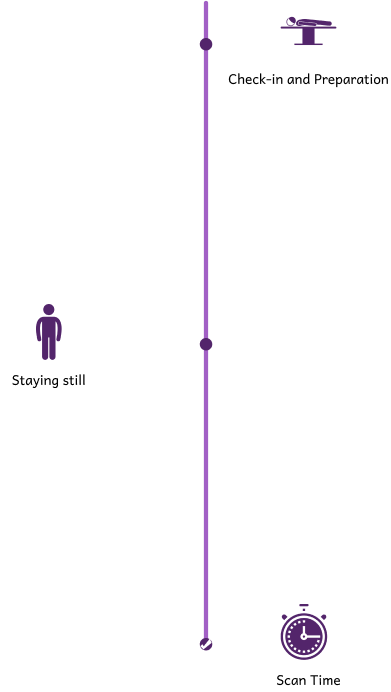
How to prepare For CT Scan?
Why Choose Koshikaa for CT Scan in Bangalore?
Choosing Koshikaa for your CT scan means trusting a team that genuinely cares about your health. We combine advanced technology, expert radiology services, and patient-first care to provide a seamless diagnostic experience.
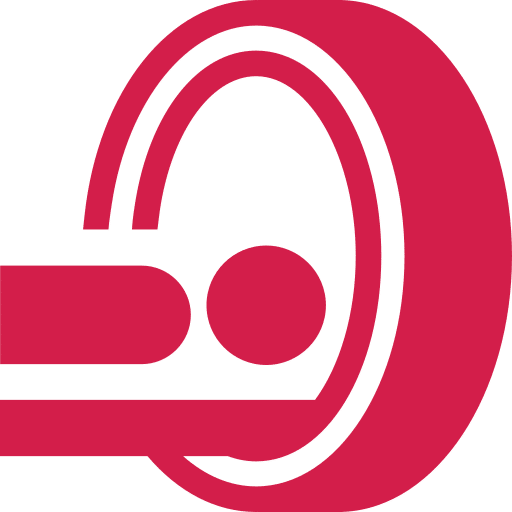
Advanced CT Scan Technology
We use advanced CT scan machines, ensuring high-resolution imaging with reduced radiation exposure and better diagnostic outcome.

Experienced Radiology Team
Our skilled radiologists and technicians analyze the results with precision, providing your doctor with accurate diagnostic insights.
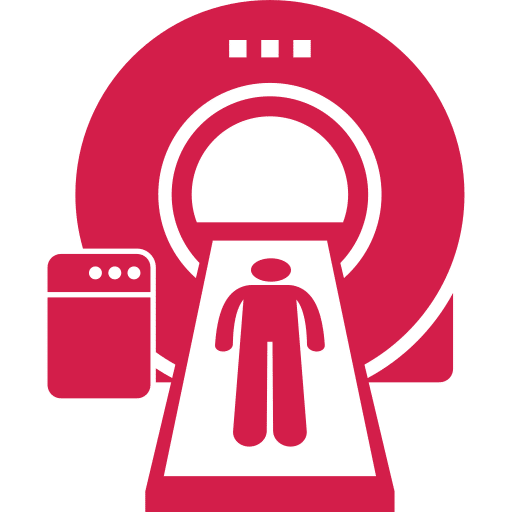
Comprehensive Screening Services
Head CT scans, abdomen, and specialized scans like angiography, we offer a wide range of CT scan services under one roof.

Patient-Centric Approach
At Koshikaa, we prioritize your comfort and well-being. Our staff ensures smooth process by guiding you through every step.

Affordable Pricing
Koshikaa offers affordable CT scan services without compromising on technology or care standards.
Reviews from Koshikaa Customers
I was thoroughly impressed with my spine CT scan here. The staff was friendly, the technician skilled, and results were promptly provided with clear explanations
Koshikaa for abdominal CT surpassed my expectations. The staff was professional and caring, the technician thorough, and the facility clean and comfortable. Highly recommended.
My pelvic CT scan experience here was seamless. The knowledgeable technician answered all my questions, and results were promptly delivered with follow up to ensure understanding.

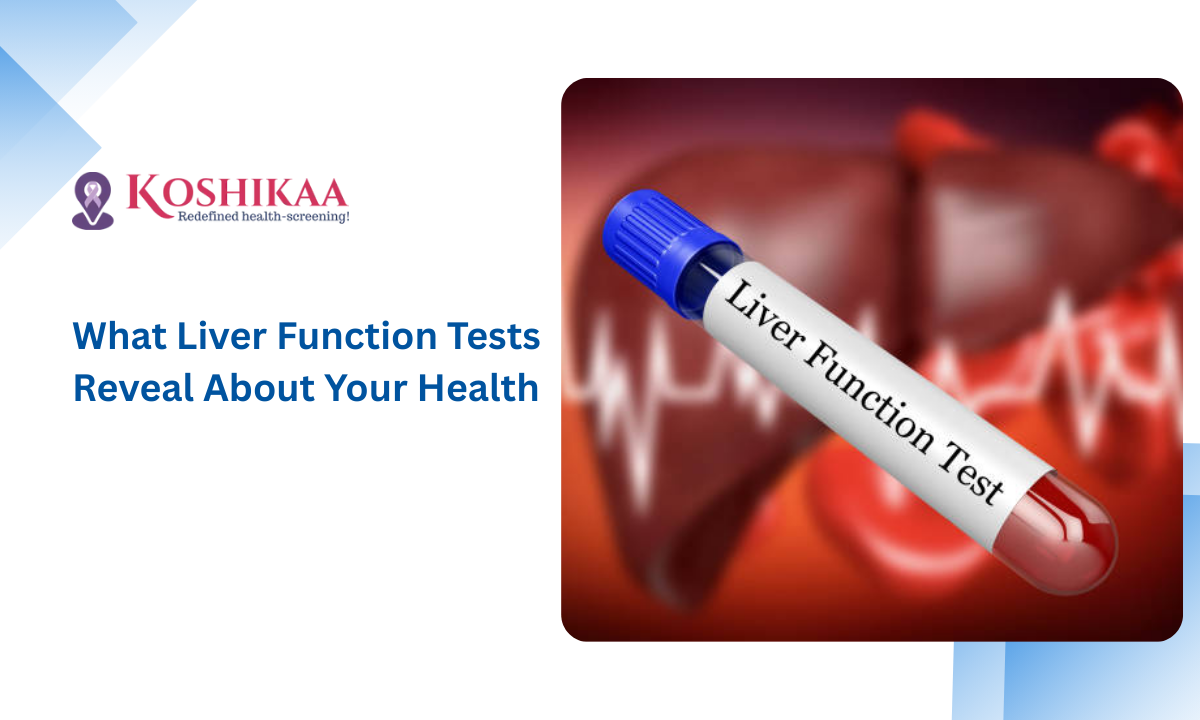
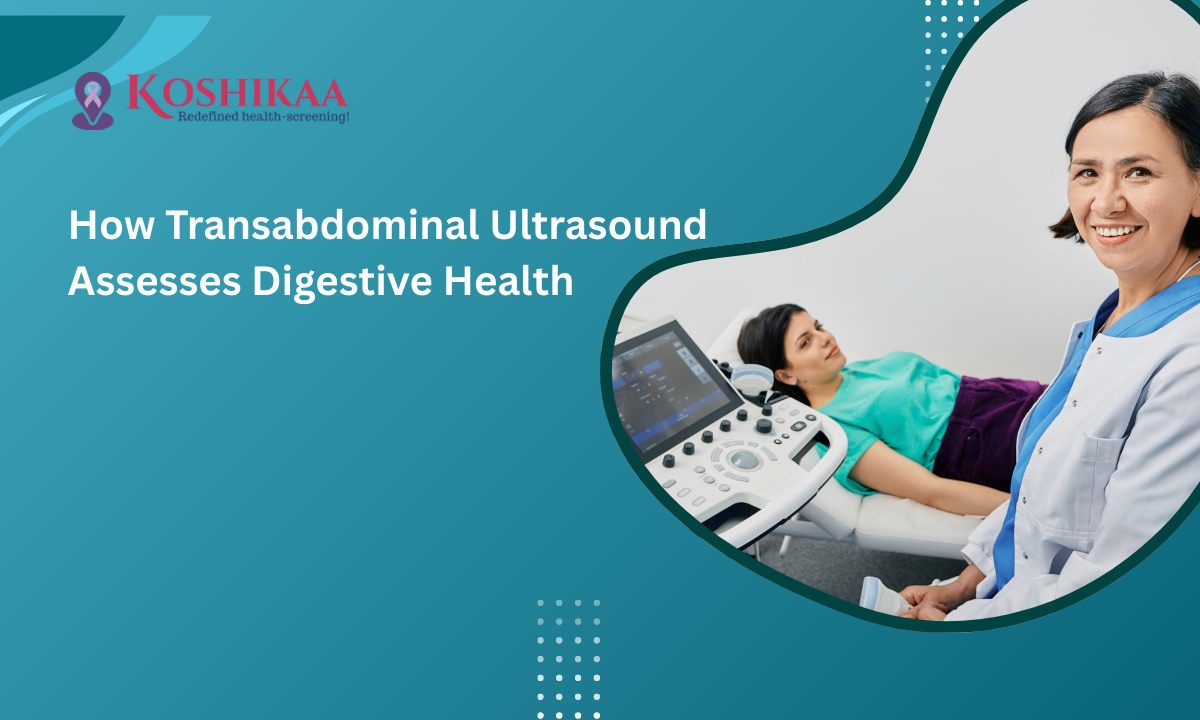
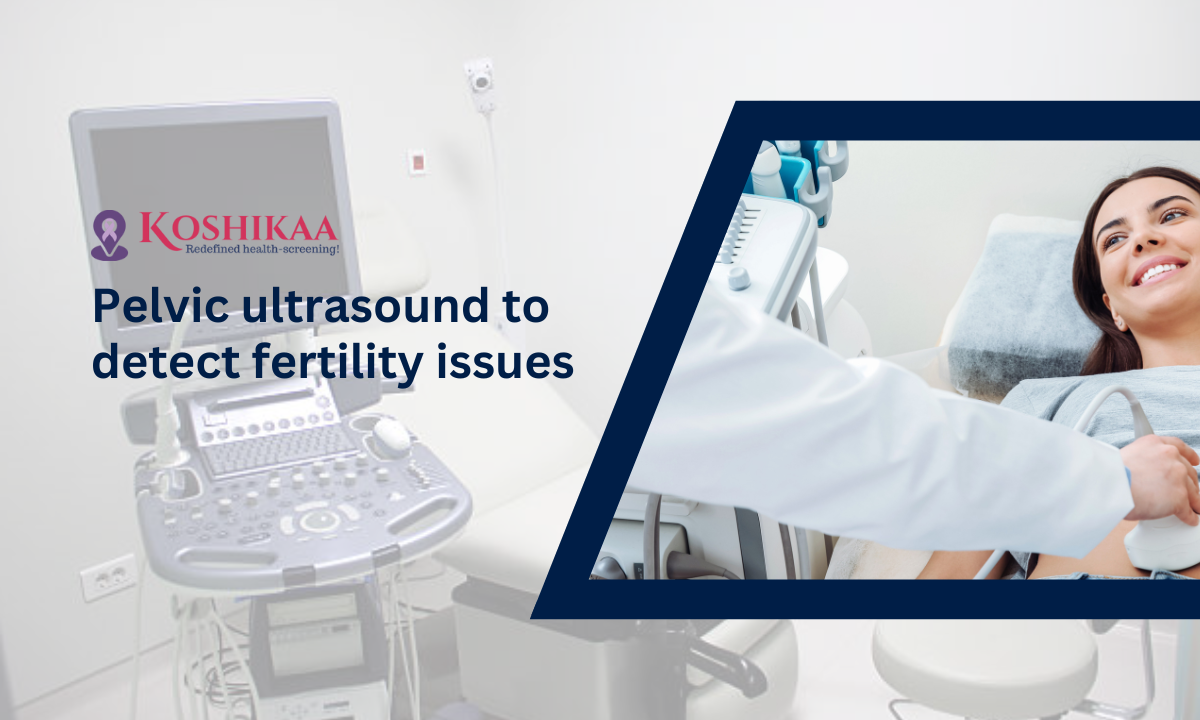
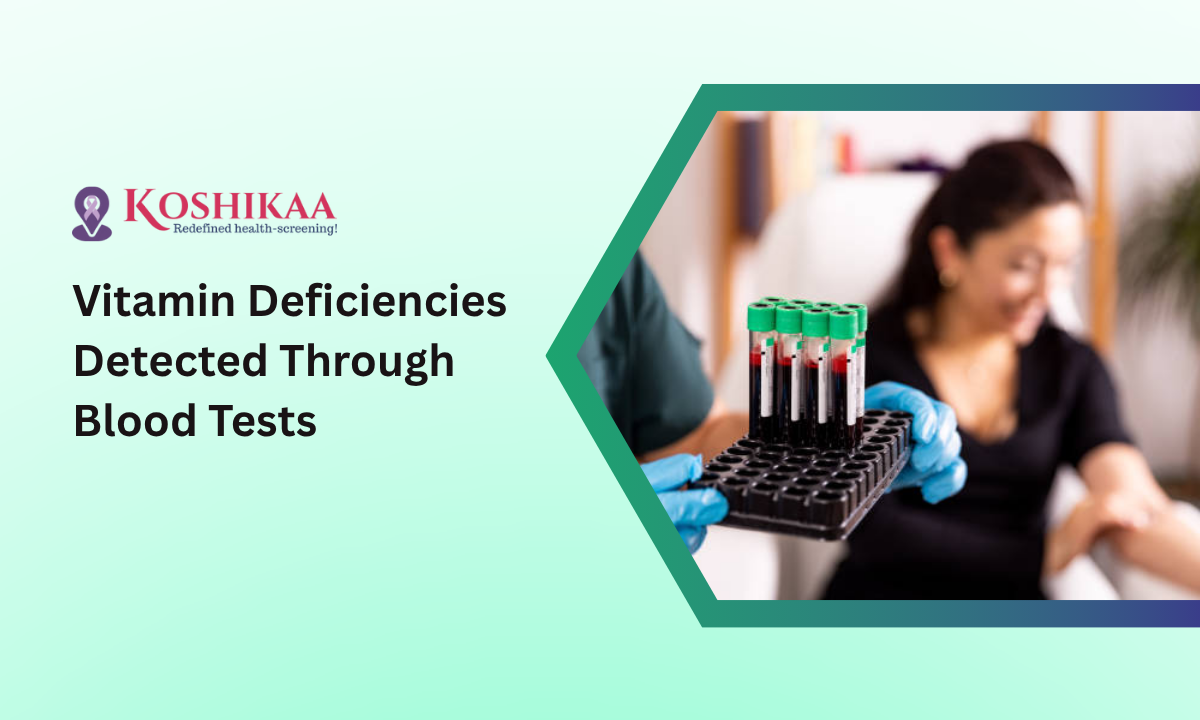

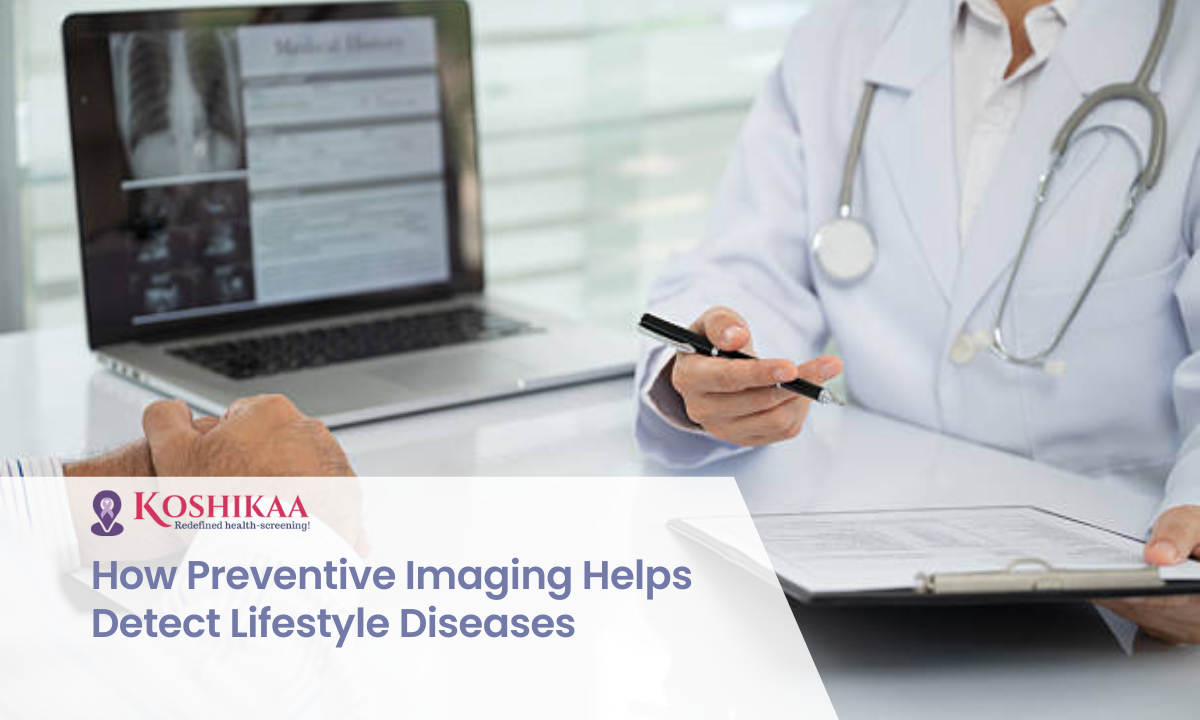
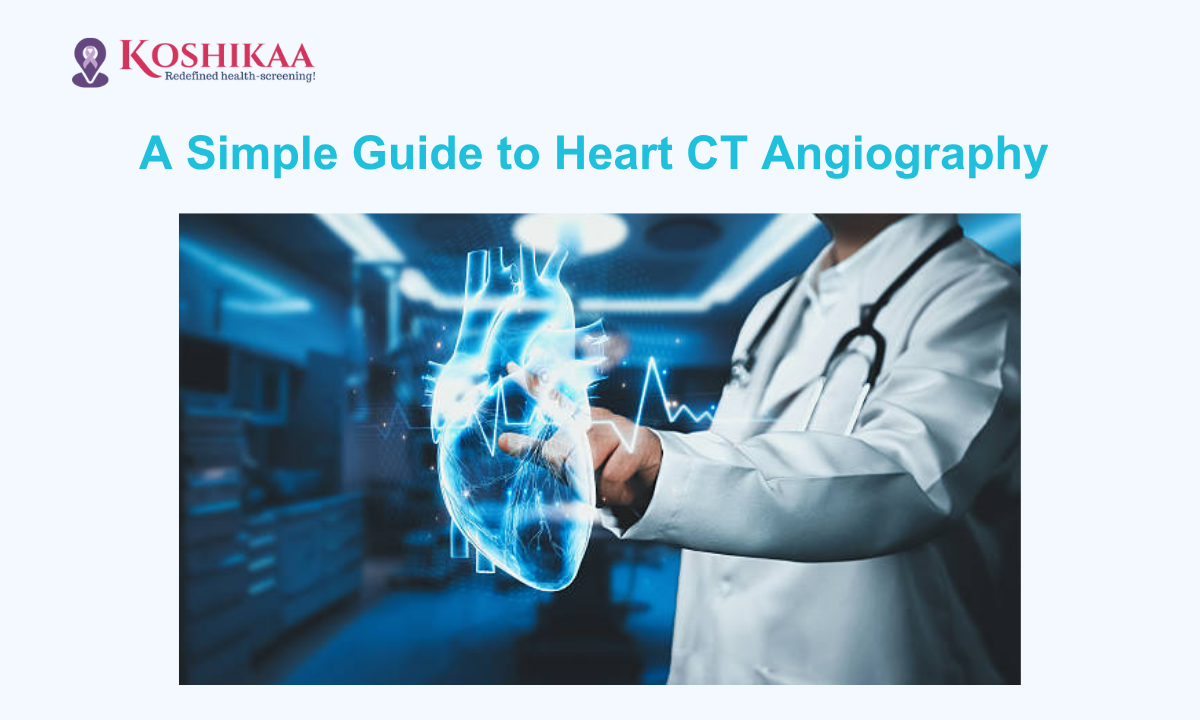
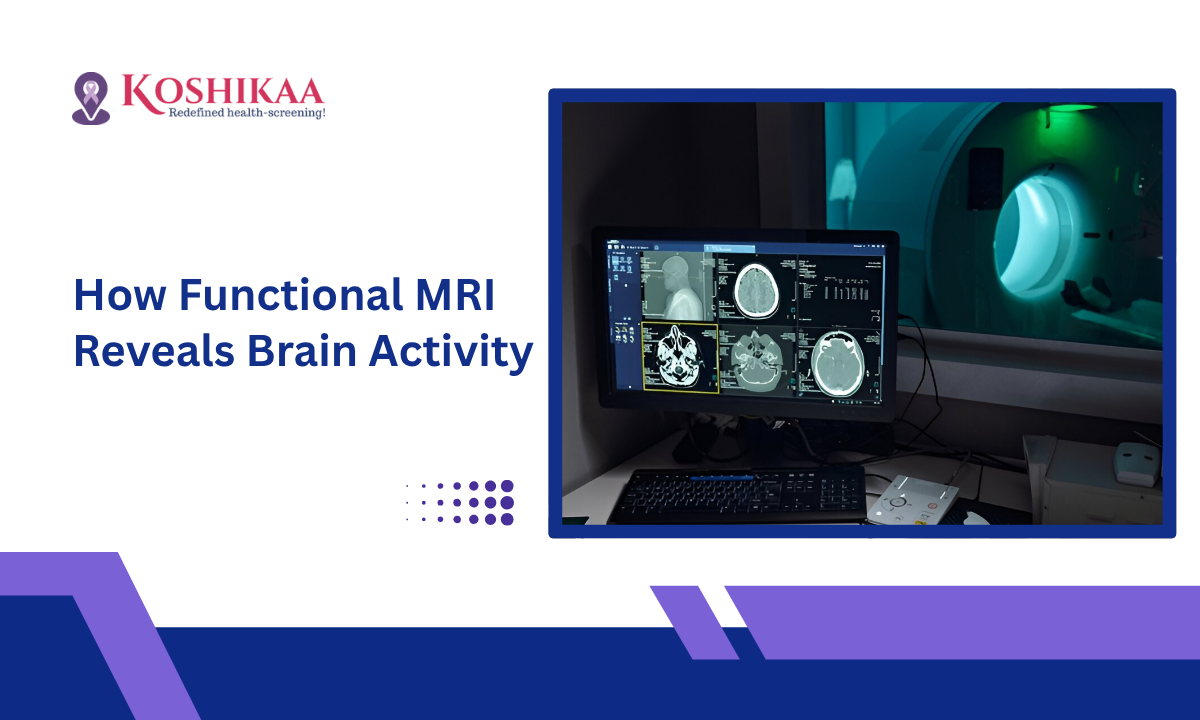
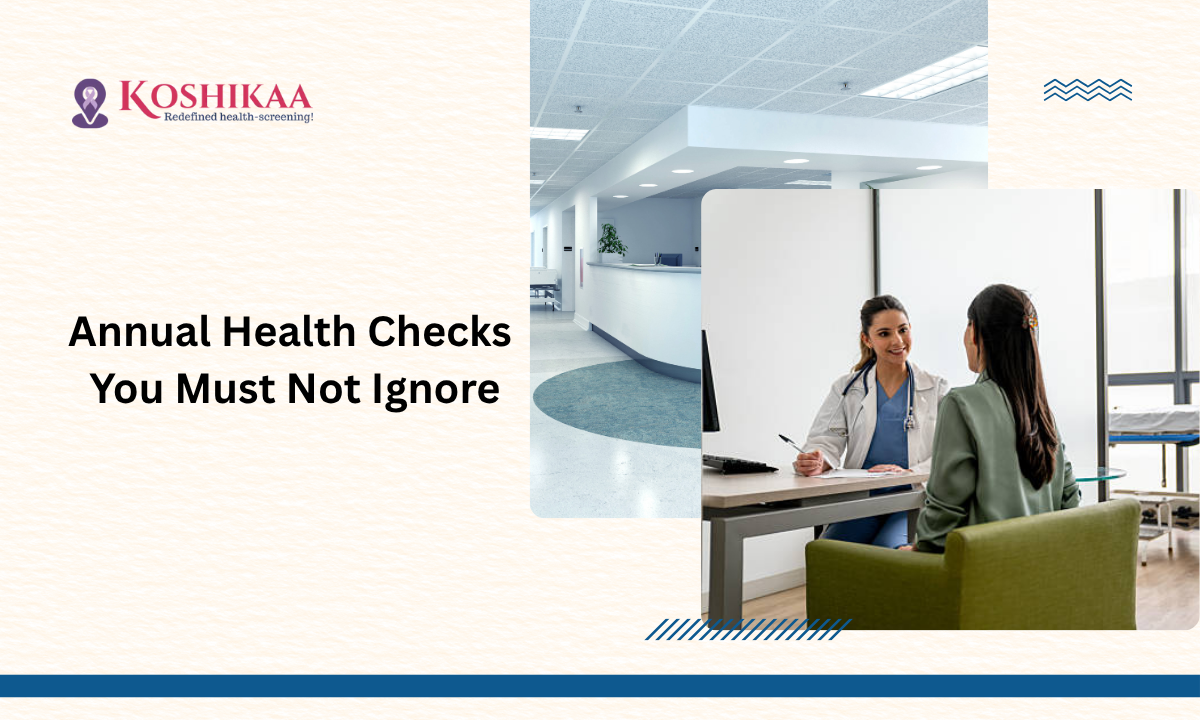
Most diagnostic centers in Bangalore provide reports within 24–48 hours, while emergency cases may get quicker results.
CT scans use ionizing radiation, which carries a theoretical, very low risk of inducing cancer. However, this risk is estimated to be extremely small (less than 1 in 2,000 for a typical diagnostic scan), and the benefits of obtaining crucial diagnostic information almost always outweigh this minimal risk.
Modern centers like Koshikaa prioritize patient safety by using advanced technology such as Low-Dose CT (LDCT) to minimize radiation exposure while maintaining high image quality. Always discuss the need for the scan with your doctor to ensure the procedure is clinically justified.
The actual scanning time for a modern CT machine is very fast, often taking less than a minute for a large area, and only a few seconds for a single region (like the head or chest).
The total time for the procedure, including preparation (changing clothes, getting positioned, and administering contrast if needed), usually takes between 15 to 30 minutes from start to finish.
A CT scan is typically required when a doctor needs detailed, cross-sectional images of internal structures to diagnose or monitor a condition. Common indications include:
“Slices” refer to the number of detector rows in the CT machine that simultaneously acquire data during one rotation. A higher slice count generally means better quality, faster scanning, and reduced radiation dose.
The cost for a comprehensive full-body CT scan (which typically covers the Head, Chest, Abdomen, and Pelvis for screening purposes) in Bangalore is higher than a single-region scan.
Pricing variation is primarily due to three factors:
Yes, but typically only under specific conditions:
It is essential to check with your insurance provider and the diagnostic center (such as Koshikaa) before booking to confirm coverage and cashless/reimbursement eligibility.
Koshikaa highlights its selection as the best choice based on:
Koshikaa offers a wide range of specialized and general CT services, including:
The most common body areas scanned at centres like Koshikaa include the Abdomen, Brain, Chest, Extremities, Neck, Pelvis, and Spine.
Koshikaa makes booking convenient and easy:
Prioritize centres with NABL/NABH accreditation, experienced radiologists, and advanced equipment (64-slice+ scanners) with proven quality assurance (like Koshikaa’s double reading)
When choosing a CT scan centre, you should prioritize:
While report turnaround times can vary, advanced centres like Koshikaa commit to providing fast and reliable results. Reports are generally available within 24 to 48 hours after the scan, though urgent or preliminary reports may be available sooner upon request.
Yes. Many private diagnostic centres in Bangalore operate on weekends and offer extended hours. Contact Koshikaa directly for their specific weekend schedule.
Service hours vary, but many centers offer extended hours and booking/customer support 24/7. Confirm the operational timing directly with Koshikaa.
Bone X-rays are essential for diagnosing fractures and assessing bone alignment, aiding doctors in developing treatment plans and monitoring healing progress. They provide detailed images of the skeletal system, helping identify abnormalities or injuries that may not be visible through other imaging techniques